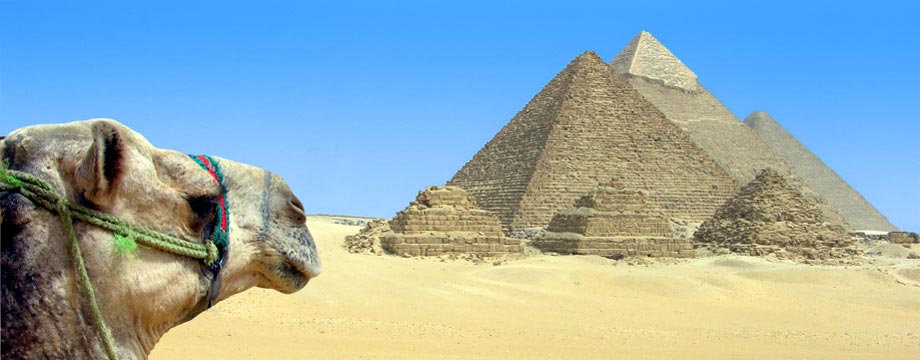May 11, 2019
Perhaps the most famous words in African journalism in the 19th century were Stanley’s quest to find Dr. Livingston [sic] , a medical missionary/explorer who was the first European to see Victoria Falls. Partly in honor of finding what is the number one tourist spot in Zambia, the grateful British renamed Constitution Hill in his honor. That’s the city we’re at today, 1200 miles and 16 degrees north of Cape Town (I almost said “Los Angeles,” a city it resembles), and we’re here to “discover” Victoria Falls for ourselves.
We packed a lot into the last day in Cape Town before we left at 5 am this morning. We had three visits that helped put a little more heft into our understanding of the Western Cape’s role in the South African economy. Cape Town generates 11% of the country’s GDP, mostly by providing financial and business services, as well as being the hub for agriculture and agricultural exports. The economist for Wesgro, a kind of chamber of commerce for the region, gave us the kind of reasons she gives potential investors: if you’re seeking a footprint on the African continent, Cape has an educated work force (4 major universities), a 17% lower cost of living than Johannesburg and 60% less than New York, and a business friendly government.
A visit to the Port facility confirmed many of her statistics. Part of a government run business that manages freight trains, pipelines, as well as 8 ports (the largest being Durban, in the Indian Ocean, the harbor at Cape moves 86% of the country’s fish exports, 60% of its beverages (read l million bottles of wine), and 50% of its agriculture in general. The biggest exports to the United States are usually metals and minerals, especially platinum.
The dockage includes some exotic features, such as a freezer terminal (to keep the fish at -10 C), and two rather interesting special features. We had to take a breathalyzer test to get into the facility; the manager emphasized the importance of safety. The port requires one of its pilots to get the ships into the harbor, and sobriety is essential. What was probably the neatest feature of the visit was that the control tower is 11 stories high, and from its walkway, we had stunning view of the waterfront area and the harbor.
On the way back to our hotel, I got dropped off at one of the museums I had marked as a “must do”—e the Old Slave Lodge, which had been an old slave lodge where the Dutch East India Company kept its company-owned slaves. Ironically, the building subsequently saw service as the location of the Supreme Court before it was reconstructed. What I learned was that 1) the first ship carrying slaves arrived from Portuguese Angola in 1658; 2) the majority of slaves came from Mozambique or from the Indies. The latter helps explain the persistence of a Muslim community in Cape, the so called Bo-Kaap area, with its colorful homes and mosques; 3) Britain outlawed the slave trade in 1807, and frequently enforced the law by capturing slavers and releasing the victims (though frequently as indentured servants); and 4) Britain banned slavery in 1834, which was one of the triggers that set the Boers (Dutch for farmers) trekking east and establishing republics, that were to last until the second Boer war.
I didn’t want to leave the subject of Cape without mentioning the election last Wednesday. Our third visit yesterday was to a newspaper agency which had a post that captured “much about muchness.” The ruling African National Congress got a majority, as expected, but was down about 5 per cent from the last election five years ago. The Democratic Alliance won the Western Cape and will have the premier, but it also lost percentages from five years ago. The winners were the left and right extremist parties; though they have small numbers, they still will be represented in parliament because of the proportional seating. Everyone claimed victory. Perhaps we’ll know more when we return to Johannesburg next week.
One other important (for me) Cape factoid: in 1641, before the founding of Cape Town (and maybe one of the impetus for it), a Dutch ship’s captain was lost. What was “found” was the Legend of the Flying Dutchman, one of my favorite Wagnerian operas.
We’ve got a variety of activities available tomorrow, but tonight I’m looking up at Orion, who left our hemisphere a few months ago to move into the southern hemisphere. As I mentioned, we’re 17 degrees south of the equator.

